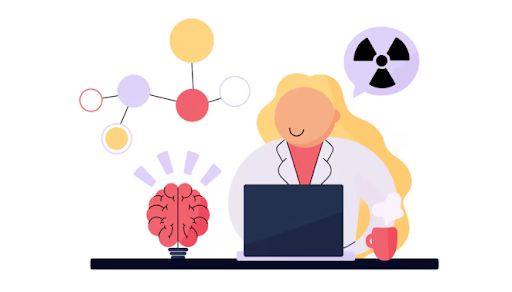When it comes to helping children with autism, timing makes a difference. Early intervention isn’t just a buzzword — it’s one of the most important decisions a parent can make. At Sunny Skies ABA, we believe in starting support as early as possible to give children the strongest foundation for a brighter future.
Early intervention refers to providing specialized support — like ABA therapy — as soon as signs of developmental delays or autism are noticed, often before age 5. These are the years when a child’s brain is growing the fastest and is most ready to learn.
ABA therapy at this stage focuses on skills like:
Research shows that children who receive ABA therapy early are more likely to:
It’s not just about teaching skills — it’s about opening doors that might be harder to unlock later.
You don’t have to wait. If your child is showing signs of autism or developmental delays, you can begin the process of getting support while pursuing a formal diagnosis. At Sunny Skies ABA, we help guide families through insurance verification, paperwork, and referrals.
Every child we work with gets a customized ABA plan. For younger children, therapy often includes:
We partner with you so the learning doesn’t stop when the session ends.
Parents of toddlers and preschoolers often share the same story: “I didn’t know if it was too early to start... but I’m so glad I did.” Seeing a child say their first word, play with a sibling, or follow a simple direction — these moments are milestones we work toward together.
If you’re wondering whether your child might benefit from ABA, don’t wait. Early help can change everything. At Sunny Skies ABA, we’re here to walk beside you with care, experience, and hope.

Discover Discrete Trial Training (DTT) in ABA therapy. Learn how this effective method helps children with autism in Raleigh, NC, acquire new skills, with insights for parents from Sunny Skies ABA.
Read More
Unlock the mystery of your child's behaviors with our guide to the four functions of behavior in ABA therapy. Learn how Sunny Skies ABA in Raleigh, NC, uses these insights for effective treatment.
Read More.jpg)
When a child receives a developmental diagnosis, one of the first questions parents often ask is: “What should we do next?”
Read More